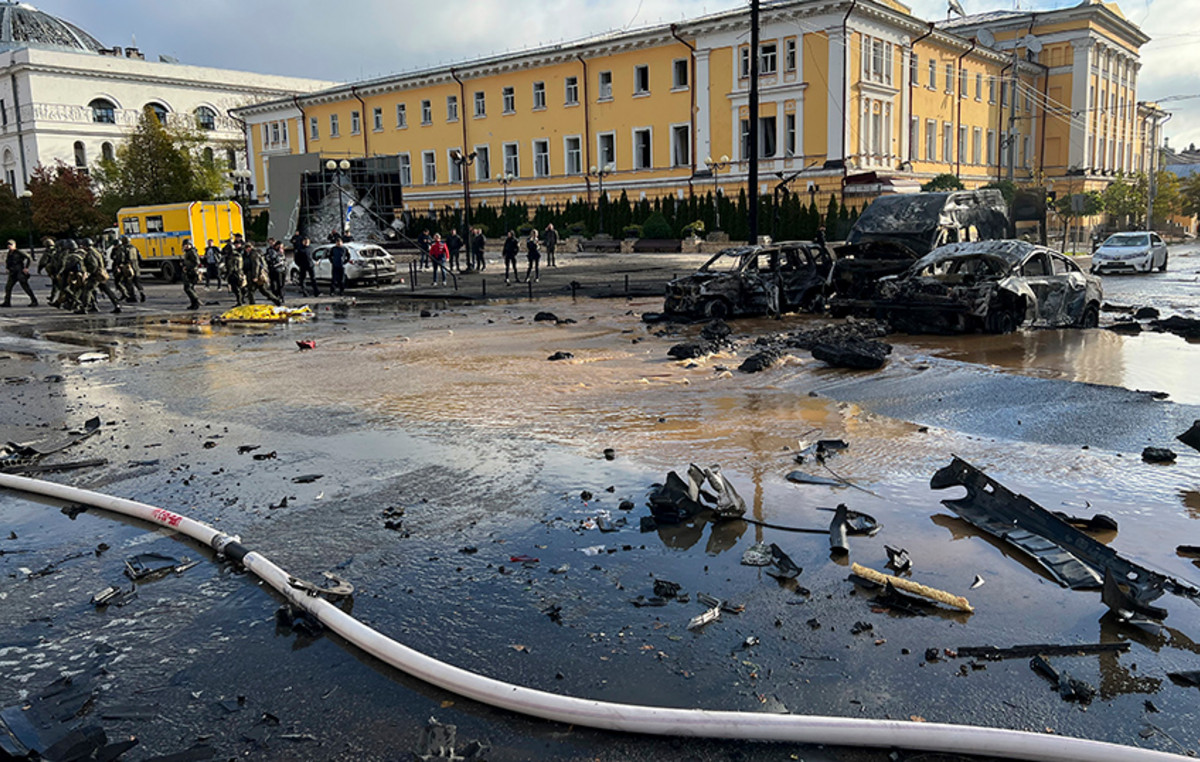Speaking about the attitude of the American authorities towards cryptocurrencies, Robert F. Kennedy Jr. said that “now all politicians are on the same wavelength.” He explained that more and more participants in the political arena are beginning to support cryptocurrencies, and even the US Securities and Exchange Commission (SEC), which has always been strict with the industry, after much doubt, finally approved the launch of ETFs linked to Bitcoin and Ether.
“This is very promising. Are they politically driven? Perhaps, but I'm not going to delve into their motives. I'm just glad they support digital assets. More people are realizing the importance of Bitcoin and decentralized currencies in revitalizing our country as a hub for innovation and entrepreneurship,” Kennedy Jr. said.
According to the politician, cryptocurrencies give people the right to manage their wealth independently, without dissipating it among intermediaries, and also to transfer their savings abroad without fear of being confiscated by the government. The country needs a base currency that will protect it from war, and, according to Kennedy Jr., Bitcoin could well be that currency. Moreover, the hype around artificial intelligence (AI) has only strengthened his conviction in the adoption of cryptocurrencies.
“The reason I am attracted to the crypto space is another democratization of American society. This is the freedom to have mechanisms to combat artificial intelligence and other dystopian totalitarian technologies that can be used to collect our personal data,” explained the US presidential candidate.
Kennedy Jr. was referring to the digital dollar. At the beginning of the year, he promised to stop its development and not allow it to appear on the market if he won the election. Last year, Kennedy Jr. spoke out against all central bank digital currencies, calling CBDC an attack on citizens' personal freedom.
Source: Bits
I am an experienced journalist, writer, and editor with a passion for finance and business news. I have been working in the journalism field for over 6 years, covering a variety of topics from finance to technology. As an author at World Stock Market, I specialize in finance business-related topics.







